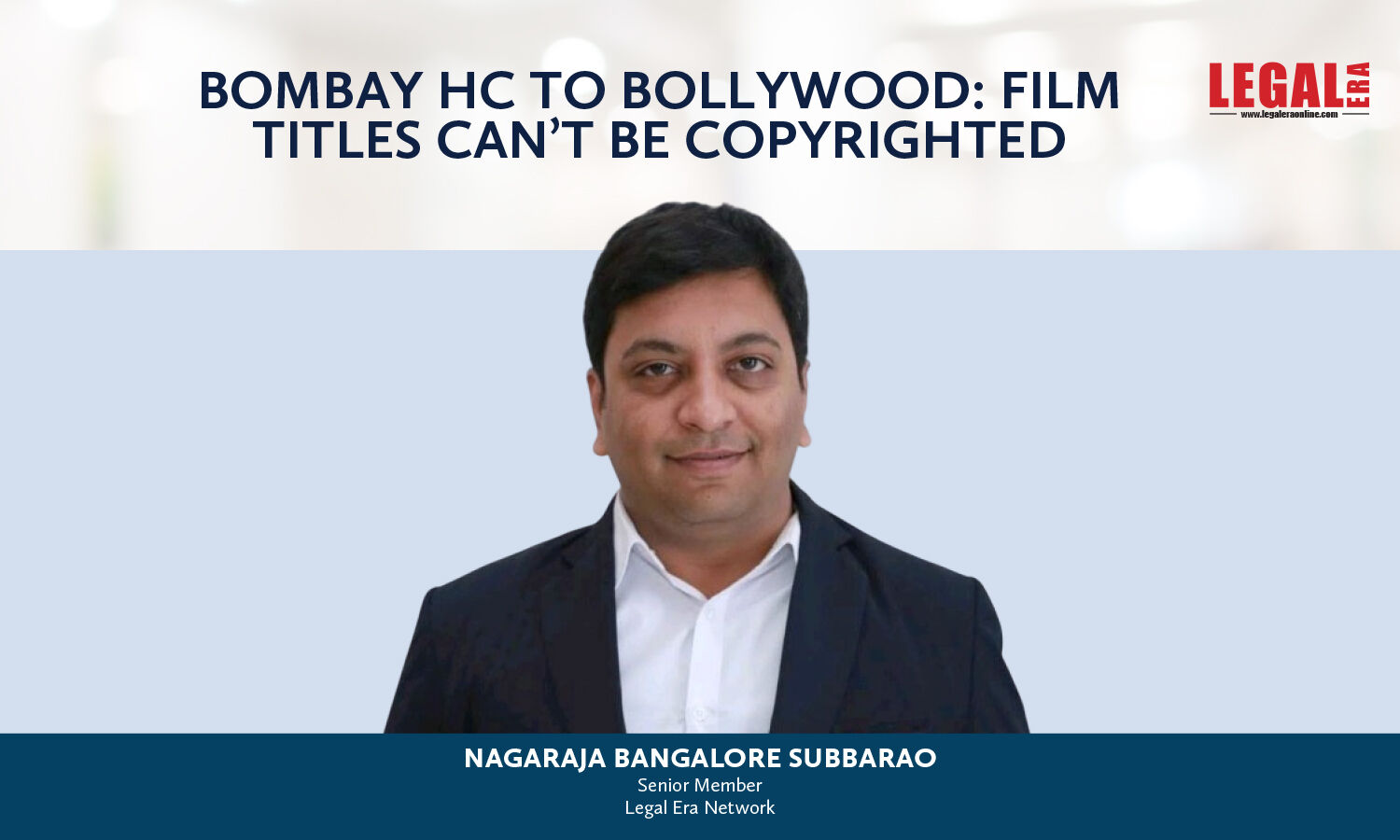
Bombay High Court to Bollywood: Film Titles Can’t Be Copyrighted
The Case at a Glance
The Bombay High Court recently dismissed producer Sunil Darshan Saberwal’s plea against Star India (now JioStar India) over the use of the title Lootere. Darshan, who produced a 1993 film with the same title, had registered it with the Western India Film Producers’ Association (WIFPA) and claimed exclusive rights. The Court held that film titles cannot enjoy copyright protection and that such registrations are only contractual among members of the association.
What the Copyright Law Actually Says
- Copyright under the Copyright Act, 1957 protects literary, dramatic, musical, and artistic works, as well as cinematograph films and sound recordings.
- Titles, slogans, or short phrases are too insubstantial to qualify as “literary works.”
- Registrations with film associations may help within the industry but do not create statutory rights enforceable in court.
Why This Judgment Is Landmark
1. Clarity on IP Boundaries – It reinforces that copyright cannot be stretched to cover film titles.
2. No Legal Monopoly from Associations – Title registrations with producers’ associations are internal arrangements and have no binding effect on outsiders.
3. Prevents Strategic Misuse – It curtails attempts to block films or series simply on the ground of title similarity.
Impact on the Film Industry
- Trademark Will Dominate: Producers will increasingly use trademark law to secure film titles, especially for franchises and big releases.
- Shift in Legal Strategy: Reliance on copyright claims will decline, with focus on enforceable IP rights.
- Faster Dispute Resolution: Clear guidance means courts will dismiss copyright-based title suits, reducing litigation clutter.
- Practical Business Step: For high-value projects, combining film association registration with trademark filings will become standard.
Key Takeaway
Film titles are powerful branding assets, but they are not protected under copyright law. The only real shields are trademark registration and industry-level agreements. This judgment sets a strong precedent and reshapes how producers, studios, and lawyers will approach title protection in the future.